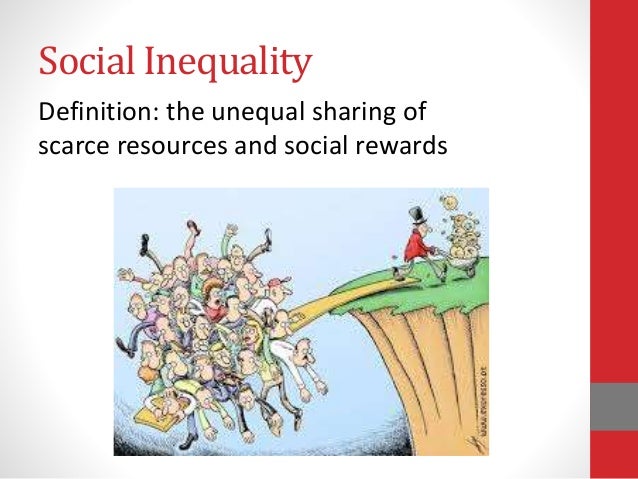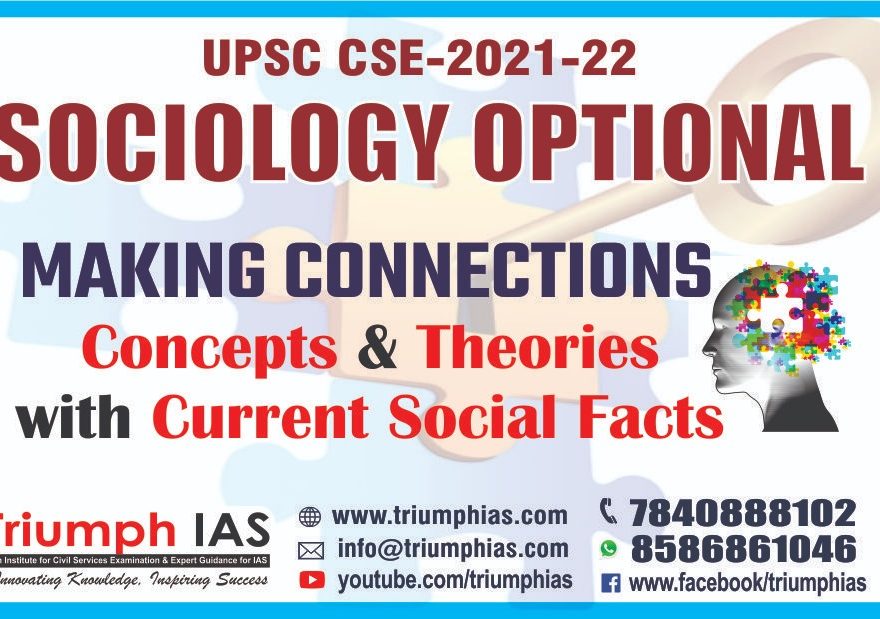Relevance:
Sociology: Stratification and Mobility: Concepts- equality, inequality, hierarchy, exclusion, poverty and deprivation.

There are two types of inequality: natural (or physical) and moral. Natural inequality stems from differences in age, health or other physical characteristics. Moral inequality is established by convention or the consent of men. There is no point, Rousseau argues, in asking what the source of natural inequality is. Nor is it worth asking whether there is an essential connection between moral and natural inequality. Rousseau says that this is a question for slaves to ask in earshot of their master, but not for free men.
What is at issue is an attempt to decide when rights replaced violence in human relationships and when nature was subjected to law. Philosophers examining the foundations of society have tried but failed to reach the state of nature.
Rousseau offers an account of the various mistakes in their writings. All of them took ideas from society and transplanted them into the state of nature. They spoke of savage man, but really depicted civil man. However, no writer doubts the existence of the state of nature, despite the fact that it does not really appear in Scripture.
Therefore, Rousseau argues, we need to set aside the facts. Rousseau’s enquiry will not deal with historical truths, but with hypothetical and conditional reasoning, like the reasoning that physicists make about the beginning of the world.
Religion compels us to believe that men are unequal because God wanted them to be like this, that God drew men out of their original state of nature immediately after the Creation. However, religion does not forbid conjectures, such as Rousseau’s, which try to hypothetically analyze the nature of man and find out what man might have been if he had remained “abandoned” in the state of nature.
Rousseau aims to speak in a language suited to all times and places, and to show man’s real nature. There is an age at which the individual human being would wish to stop. Moreover, people will also look for an age in the past at which they wish the species had stopped.
Analysis
Rousseau begins by setting out the distinction between the two types of inequality that shapes the entire work. Note that “physical” inequality also includes intelligence and presumably the capacity for reason.
By defining moral inequality as the elevation of some men over others by consent and convention, and hence as a form of political rule, Rousseau twists the terms of the question again. He begins to ask how inequality in society: that is, how power and hierarchy began to operate amongst men. This examination of power in society is not necessarily what the Dijon academy had in mind.
The idea that other thinkers have tried and failed to accomplish the kind of thought-experiment that Rousseau mentions in the Preface resurfaces later in the Discourse.
What is most interesting here is what Rousseau rejects.
Firstly, his almost flippant dismissal of the idea that physical and moral inequality may be linked is philosophically important. A major train of thought, still being worked out in the seventeenth century, related to Aristotle’s idea of “natural slavery.” Aristotle argued that some people are “by their nature” physically and mentally inferior to others.
This inferiority justified the enslavement of such inferior people: huge political and civil inequalities were justified by supposed physical characteristics. Rousseau’s definition of inequality is absolutely opposed to this notion. Because moral inequality in society is absolutely artificial, he reasons that it should not have any physical justification.

